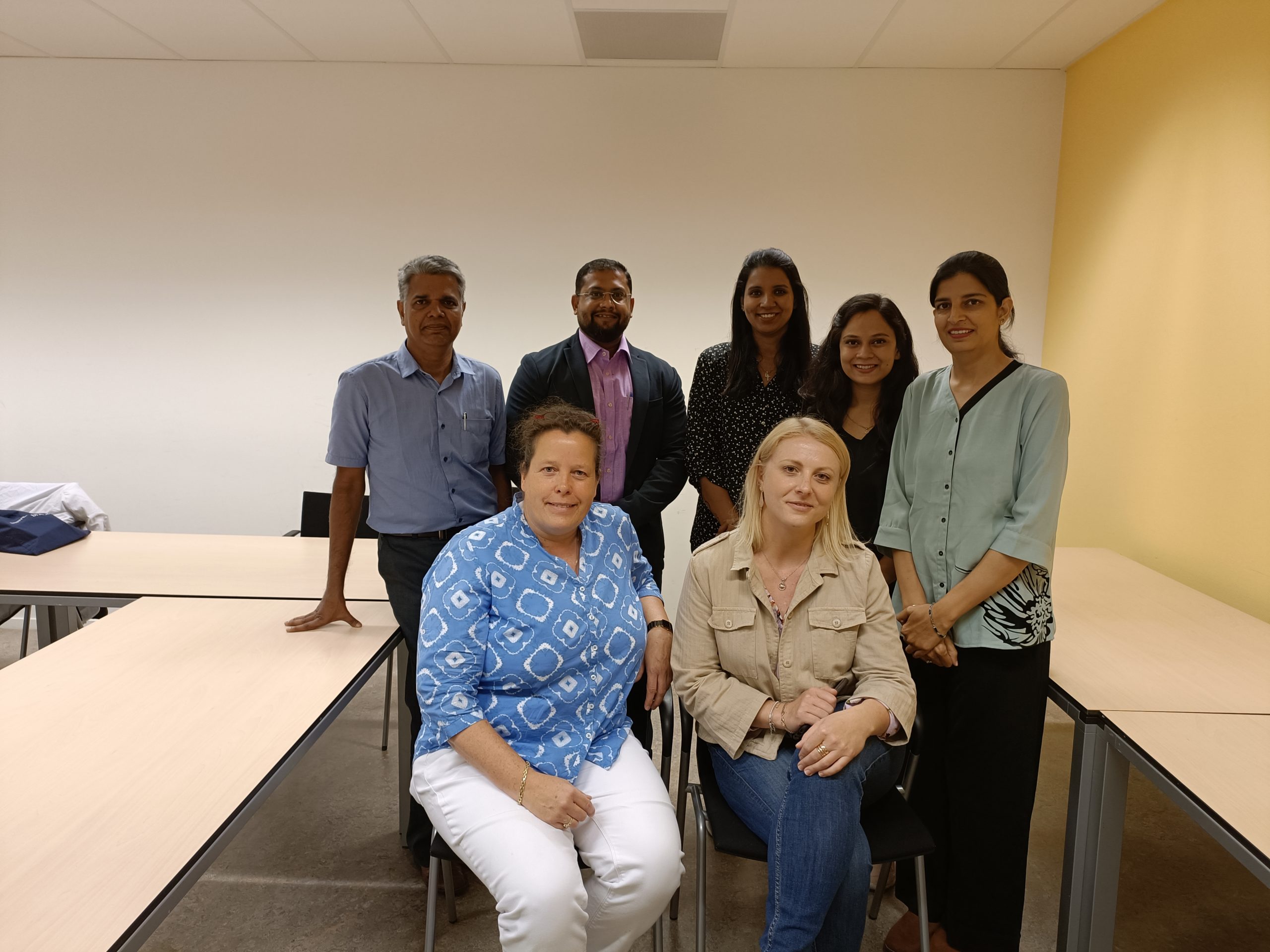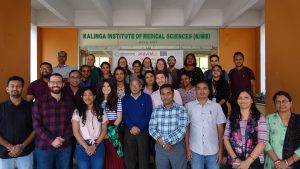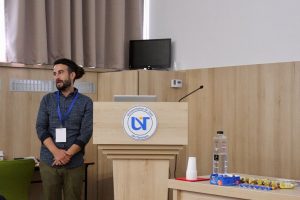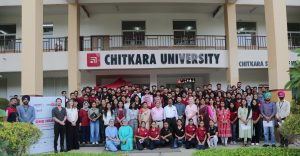The researchers of the PREVENT IT project undertook a five-day intensive training at the University of Maastricht and Zuyderland hospital Maastricht University Campus from 6th June 2022 to 11th June 2022. The training was provided and supervised by the experts from various fields viz. Public Health, Medicine and clinical science. The researchers got exposure to newer areas of education such as Problem-Based Learning (PBL) which is very different from traditional university education in its approach to learning. You work in small tutorial groups, get hands-on experience, and attend (far) fewer lectures that improve knowledge retention, increase motivation, and encourages the development of skills required for the 21st-century market. This is a productive outcome to incorporate this education system into the respective university.
Further, the researchers also learned about the necessity of risk management to combat antibiotic resistance with a special emphasis on the example of the current outbreak scenario of COVID 19. The researchers got to experience the Ph.D. defense at Maastricht University and learned about the thesis topic: “Quality of contemporary anticoagulation management in atrial fibrillation” which was very different and innovative as compared to the other Ph.D. defense seen so far.
This was followed by a visit to the ET Pathfinder, which was a kind of scale model of the Einstein Telescope: a deeply cooled triangular underground laser detector with sides of ten kilometers that can look very far into the universe, in theory until the Big Bang and was astonishing to watch and learn. The researchers also had a fruitful discussion on the journal club presentation on Journal Club Presentation on the topic “Antibiotic and Antimicrobial Resistance in COVID-19 era”. Learning from the Journal club provided key points to be considered when prescribing antibiotics for various bacterial infections and guidelines for managing common infections. The discussion between the researchers and the faculty was mainly focused on the role of antimicrobial stewardship as an approach to addressing antibiotic resistance-associated infections resulting in MDR in acute care settings. The outcome of the discussion resulted in a better understanding of challenges related to AMR and how the policies can be implemented to address the burden.
Furthermore, the researchers also visited the Zuyderland hospital Sittard-Geleen to better understand the identified interventions to improve antibiotic prescription practices for Hospitalized patients. As well as how the teams approach to optimize antibiotic prescription in a clinical setting. Overall, the training was full of learning and discovering new areas of research, development, and education in order to combat antibiotic resistance as a collaborative measure.
To access the agenda of the training, please click here!







